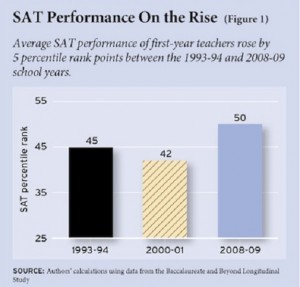Dear Commons Community,
Below is a reprint of a letter that PSC President Barbara Bowen sent to the faculty this morning regarding a proposed Policy on Expressive Activity. It raises important awareness to this issue and should be read carefully by the entire CUNY community.
Tony
————————————————————————————————————
Dear Colleague:
The CUNY Administration has developed a draft “Policy on Expressive Activity,” to be considered for adoption sometime after January 1 by the CUNY Board of Trustees. You can read it here. The draft policy proposes severe limitations on how the fundamental and distinct freedoms of speech and assembly may be exercised at the City University. Anyone who knows the importance of freedom of expression at CUNY or who understands the essential character of a university has a stake in whether the policy is adopted.
Proposed on the heels of faculty opposition to Pathways and student protests about tuition increases, the policy reads as an attempt to silence dissent and to stifle protest before it starts.
As drafted, the proposed “Policy on Expressive Activity” goes beyond existing regulations on individual and collective action at CUNY. It would ban demonstrations from the interior of CUNY buildings, forcing demonstrators into “designated areas”; it would require 24 hours’ advance notice of demonstrations involving as few as 25 people; it would limit the distribution of “materials” on campus to areas designated by the administration; and it would give college presidents or their designees the sole power to determine if a demonstration is “disruptive”—and to call the police onto campus to stop it. “Freedom of expression and assembly,” the proposed policy states, “are subject to the need to maintain safety and order.” The union takes extremely seriously the University’s responsibility to maintain a safe environment for those who work and study here. But safety is not the same as “order”; safety does not require repression.
Universities should uphold the highest standards for freedom of speech and assembly. As institutions devoted not just to the transmission of knowledge but to the production of new ideas, universities are inherently places of exploration, debate, dissent and, sometimes, protest. If CUNY is to be an intellectually vibrant university, it must recognize that “expressive activity” is a vital part of campus life, not a danger to be confined to narrow limits.
The PSC leadership believes it is important that every member of the faculty and staff have an opportunity to read the proposed policy, which we received informally this month—though not from CUNY. The draft, however, is dated June 27. The proposed policy potentially affects all of us, and our students. We urge you to discuss the draft policy in your union chapter meetings in preparation for further union action. The PSC leadership has begun to develop a comprehensive response to the proposed policy, using every possible means—including protest—to challenge it. On October 24, the union sent CUNY a formal demand to bargain on the policy, as we believe it would have an impact on the terms and conditions of employment of the faculty and staff we represent. Union officers are also in discussion with the University Faculty Senate leadership and have asked First Amendment lawyers for their review. The PSC’s executive council and delegate assembly will fully examine the draft policy and consider resolutions in response at their next meetings.
CUNY was founded in 1847 as the result of disruption and dissent; several of its colleges have been saved from closing during fiscal crises because of protest and assembly. Chilling restrictions on “expressive activity” have no place here. I welcome your comments on the proposed policy and will update you as the union continues to act in response.
In solidarity,
Barbara Bowen
President, PSC/CUNY



